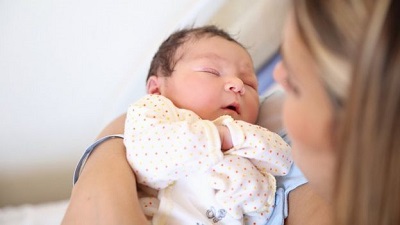The success rate of couples going through IVF is dependent on the age of the man – not only the woman, a US study suggests.
Older men were found to have a lower chance of conceiving than younger men with a female partner of the same age, according to BBC.
Harvard researchers presented their study of nearly 19,000 IVF cycles at the European Society of Human Reproduction and Embryology.
The findings contradict the idea that male fertility goes on forever.
In fact, whether conception is natural or assisted, sperm mutations and a decline in sperm count in older men are thought to reduce the chances of pregnancy.
Previous research has also shown that older sperm is more prone to genetic errors, and this has been linked to the development of autism and schizophrenia in children.
Older fathers have ‘geekier sons’
Child health problems ‘linked to father’s age’
But the age of the woman still has a larger impact on fertility than the man’s age.
In this study, scientists found that men aged 40-42 were linked with a 46% lower chance of having a baby by in vitro fertilisation (IVF) than men aged 30-35, when the female partner was under 30.
Thirty-five year old women had significantly more success with a male partner under 30 after one cycle of treatment, than with a man in his mid-30s.
Dr Laura Dodge, from Medical Centre and Harvard Medical School, said the reasons behind reduced male fertility in older age were not completely clear.
“While the effect of female age on fertility is overwhelmingly due to increased rates of chromosomal abnormality, the proposed mechanism in the effect of male age on pregnancy are more subtle.”
Can older men with younger female partners do anything to compensate for the age effect in IVF?
Dr Dodge said: “In the absence of clear evidence of the mechanism, the best pre-conception advice we can offer is to maintain a healthy lifestyle.”
H.Z

